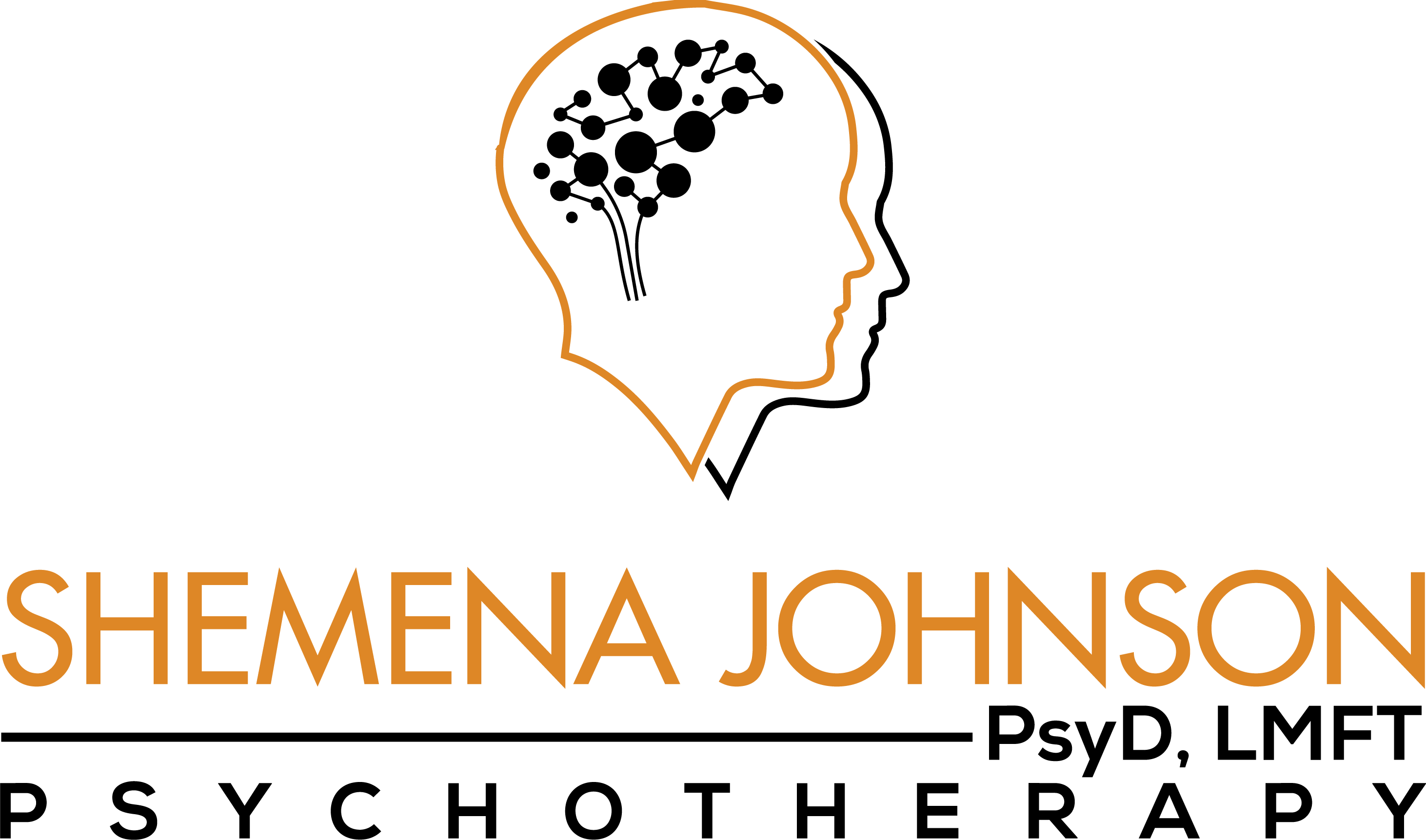As adults, many can find themselves wrapped up in a cycle of repeated, detrimental behaviors in relationships. For some, it’s hard to even identify that the cycle is happening while for others, the cycle is clear but how to break it is not. With a trail of broken relationships behind us, we can be left with the question of how do we fix ourselves and create a love that can flourish and sprout into something sustainable and beautiful.
The way we approach love as adults is greatly predicated on how we received love in our youth. As adults, there is this notion that once we grow up we can determine how we are going to deal with relationships on our own without considering the influence of our upbringing. However, that concept is not only false, but it is the foundation for a harmful and inadequate relationship to love as a whole. We can choose who we want to become as adults, but how we learn to love is influenced by our upbringing. The first step to understand the way you approach love in your adult life is to ask yourself how you learned to love as a child. How was love presented to you? How did you learn to receive the love that you were presented with during your upbringing?
These can all feel like hefty questions so let’s break it down into concentrating individually on the verbs that shape how we understand relationships in our lives. First, how did you learn to ask? This can be a tricky one as asking seems quite straightforward but dig deeper than that. As a child, in those times when you felt like you wanted something and needed to ask for it, did you feel anxious, worried, confident, or sure of yourself? Being able to feel comfortable asking for what it is that we need or want in a relationship is based off of this. If you’ve never felt like it was acceptable to ask a question or for a need to be fulfilled, you can’t expect yourself to be able to do so as an adult either.
For a moment, think about the giving and receiving exchange that happens throughout childhood. What behaviors did you learn from that process? Was there an expectation to give unconditionally in order to receive sporadic bits love in return at all? When it came to receiving, did it happen consistently to form a level of security knowing that receiving love was the norm as opposed to a situation based byproduct? Similar to giving and receiving, you may feel like your relationship to love during your upbringing more relates to the verb taking. Like a little field mouse looking for a stray piece of food, did you feel like you had to take the love wherever it was available, whether it was positive or negative?
Finally, the verbs sharing and refusing are paramount when it comes to how we shape our approach to relationships. Was love shared with you freely from family and friends or did it feel like something that had to be earned? There are many adults that say that the word love was rarely if ever spoken in their household so it often times felt like an enigma that did not freely flow as it should. Therefore, those same adults have a difficult time sharing the love that was rarely ever shared with them. However, just as love should be shared for thriving relationships to be possible, love can be refused and is not an obligation. Did you grow up in an environment where it was okay to refuse a relationship or love of any kind? When we feel like we can’t refuse love or refuse advances or refuse a relationship, we can find ourselves stuck in a situation that is not benefiting us.
Love is a verb that allows relationships to thrive. Understanding how you received love and how your relationships were formed throughout your upbringing is essential in breaking the cycle of broken connections experienced in adulthood. It is essential in creating positive relationships that can serve both you and the other party as well.







